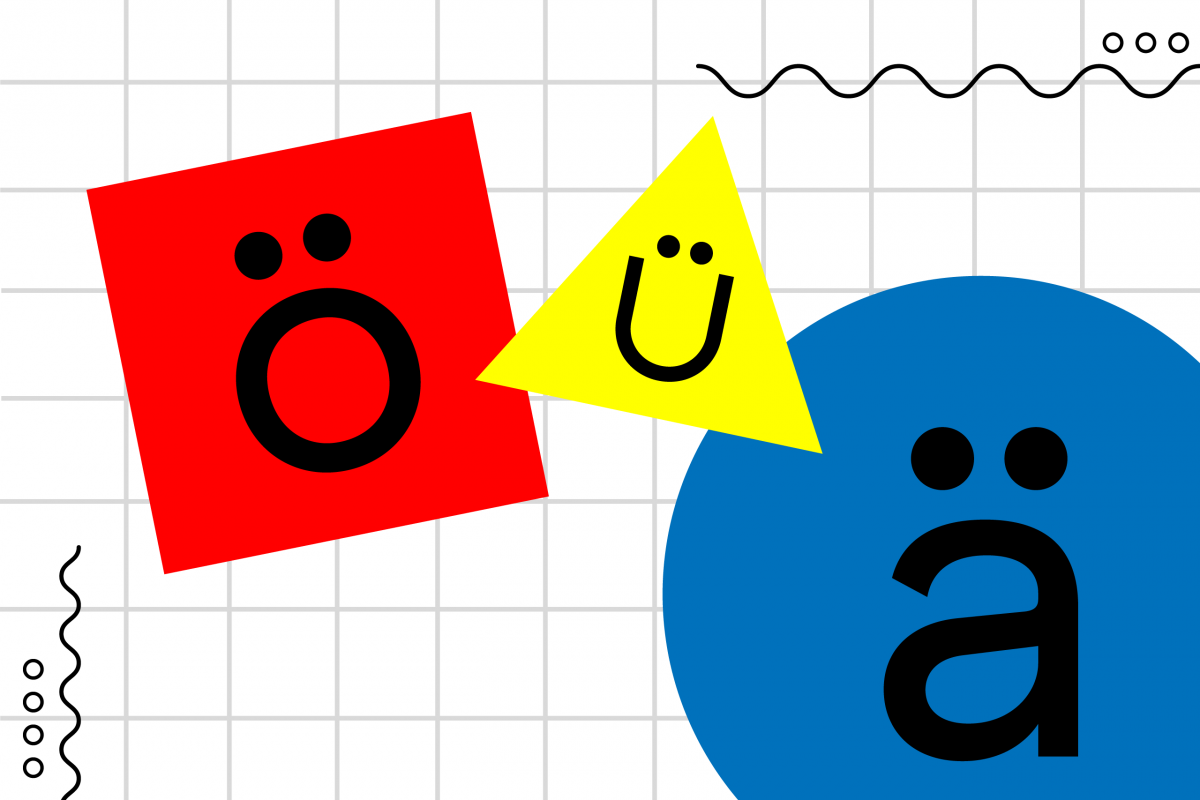The German Outreach Program at The University of Texas at Austin grew organically from an interest on the part of undergraduates to change their roles in the classroom and share the German language with a younger generation.
Over twenty years ago, a third-grade teacher from a North Austin elementary school reached out to the Department of Germanic Studies to ask if anyone could come and teach a few language lessons to her class during their German culture unit.
Germanic studies professor Kit Belgum volunteered, along with a few others, but ran into a scheduling conflict in the second week. So, in one of her upper-division courses that semester, Belgum asked if anyone would be interested in taking her place. Five students raised their hands, and the German Outreach Program began to take shape.
“It gave students the chance to get out of the classroom, do an outreach activity, and be the expert in the class,” Belgum says. “To be an expert in the room is a huge boost to learning. And to have to prepare to teach, you learn in a totally different way.”
Now, the German Outreach Program is a well-oiled machine. The program is a one-hour conference course (GER 149T) offered in both the fall and spring semesters to students who have completed lower-division German (GER 612). Students meet with a graduate student who mentors them for the first five weeks, guiding them through research on second-language learning and teaching methods and engaging them in micro-teaching activities so that they are prepared to walk into the elementary class the first day. Currently, since schools are closed due to the coronavirus outbreak, students are working on developing educational material for the program to make up for the lessons they are unable to teach.
UT Austin student Mia Orlandella took part in the program last fall, eager to share her love for German with a younger audience and experience class from a teacher’s perspective. She found the opportunity both challenging and rewarding.
“I learned that being a teacher is more than lesson planning and knowing the material — it requires patience, flexibility and a good deal of improvisation,” Orlandella says, adding that one of her favorite ways to get students to interact with the new language was to play games.
“They were so excited to work in teams and play Pictionary to study their German animal vocabulary every week,” shared Orlandella. “I noticed that this helped them memorize the vocabulary with less effort, and by the end, I was very proud of their progress.”
Both Belgum and Orlandella emphasize how enriching it is to take a foreign language, whether in elementary school or in college. They encourage everyone to try it at least once so they too can see the world through the eyes of another culture.
“Language is more than just grammar and vocabulary — it encompasses nuance and culture as well,” Orlandella says. “I think there’s no greater way to understand another culture than to learn the language.”
